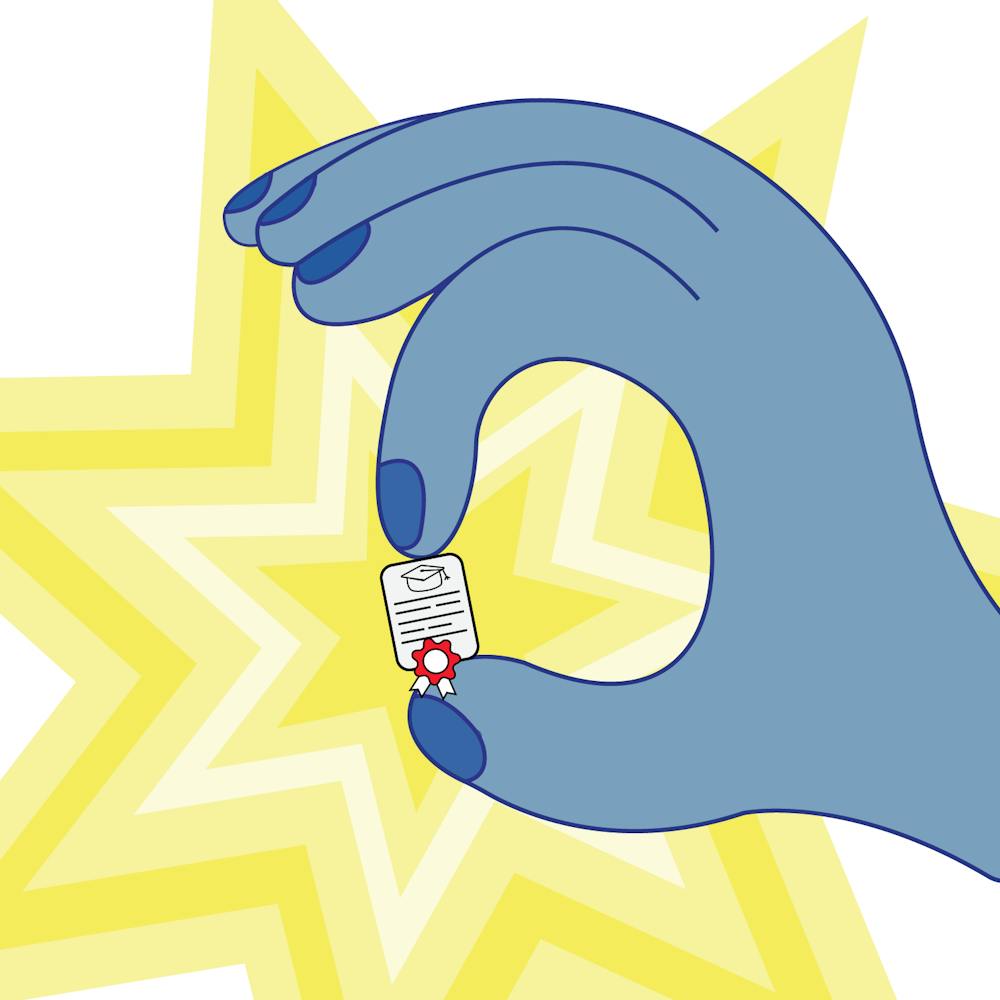A new online diversity, equity and inclusion (DEI) microcredential course has been developed at Miami University and is free for all alumni, faculty, staff and students.
The course contains 10 detailed, 45-minute modules, and participants must have been registered by March 14, but registration for larger groups will be open later this year. Those enrolled can expect to finish the course in 11 weeks and have a 2-3 hour time commitment weekly.
Cristina Alcalde, vice president for Institutional Diversity and Inclusion at Miami, wrote in an email to The Miami Student that the department wanted to create more diverse and inclusive workplaces.
“We repeatedly hear how research tells us that well-managed, diverse workplaces are more competitive, innovative and successful than non-diverse ones,” Alcalde wrote. “Creating this course was an opportunity to tap into and bring together existing Miami faculty and staff expertise on diversity, equity and inclusion for the benefit of all in the Miami community and beyond.”
Alcalde wrote that the course offers many benefits to those enrolled.
“The modules in the course provide critical information, skills, specific strategies and additional resources to create more inclusive communities and workplaces,” Alcalde wrote. “Topics include anti-racism, microaggressions, ableism, LGBTQ+ identities, ageism and healthcare inequities.”
The microcredential course can help improve resumes and enhance job opportunities for participants. Many employers, she wrote, are looking for candidates with DEI knowledge to create more inclusive workplaces.
Jessica Rivinius, senior director of news and communications at Miami, said the course will help people become leaders in teaching DEI.
“Throughout every sector of society, there is an urgent need for leaders who will advance diversity, equity, and inclusion, and build better and stronger workplaces and communities,” Rivinius said. “By learning from Miami's amazing faculty and experts, and the additional resources offered, participants of the course will be empowered to thrive — and help others thrive — in our increasingly complex and globalized world.”
Rodney Coates, a professor of global and intercultural studies at Miami, contributed to the course by creating a module on race and ethnic relations. He said the course will help participants think more about issues of DEI.
“It’s intended to not give you everything that you need, but to begin to help you think about these issues,” Coates said. “We can scrunch this down into this space and begin a conversation, and then open the door to individuals that want to do more study.”
Coates said the DEI microcredential course will hopefully encourage and aid having conversations about current issues around the world.
Enjoy what you're reading?
Signup for our newsletter
“When looking at issues of gender, disability, race and sexuality, all these things are very pressing right now, and they have been forever,” Coates said. “The more we can get involved in these kinds of conversations, the more we can begin talking about how we can begin to resolve them. [The modules] each provide some means of dealing with these issues.”
Denise Taliaferro Baszile, associate dean for Student Services and Diversity and professor of educational leadership, also contributed by creating a module on allyship and advocacy.
“We live in a very diverse and complex world,” Baszile said. “It’s not getting any less diverse and not getting any less complex, so either we’re going to engage in the necessary discussions and skill-building we need to navigate such a world, or we’re not … We have to keep putting in the work and we have to keep putting out opportunities for other people to learn and engage.”
Baszile said this DEI microcredential course benefits people by giving them a knowledge base in DEI.
“These modules offer that opportunity for you to be by yourself,” Baszile said. “By taking the opportunity to at least learn what are the definitions and what are the different ideas that are circulating around, so then you can be able to have some face-to-face discussions about it.”




